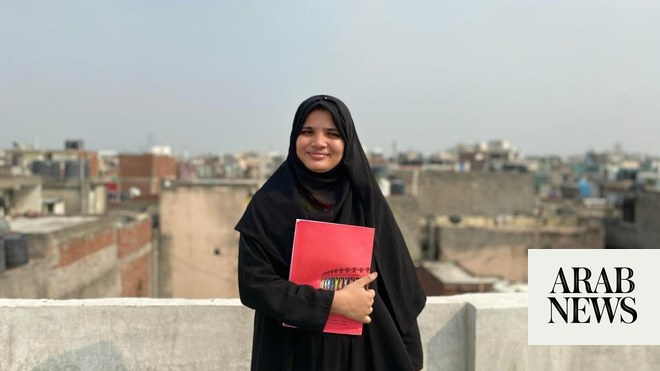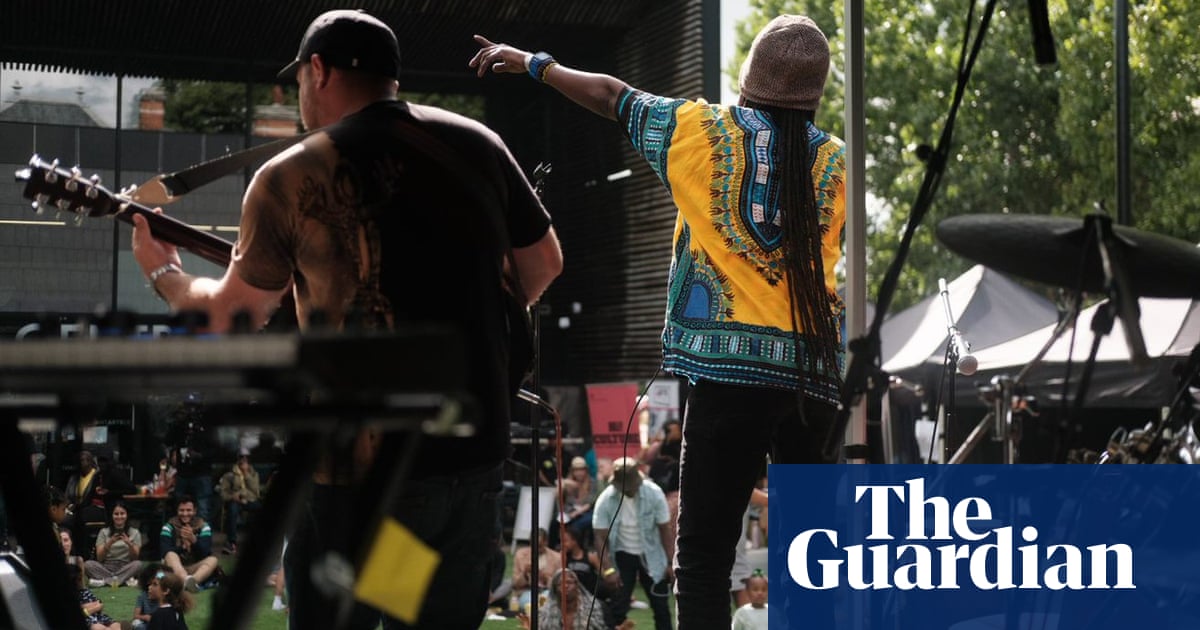
The four-day festival features authors from the Middle East and Africa
The festival unites international authors with dozens of fellow writers from Indonesia
JAKARTA: The inaugural Jakarta International Literary Festival commenced on Tuesday evening with a focus on bringing together writers and literary works from the Global South.
Festival Director Yusi Avianto Pareanom said that the organizer, the Literary Committee of the Jakarta Arts Council, wanted to emphasize the importance of creating balance in a discourse that has been dominated by work from the Global North.
The four-day festival features authors from the Middle East and Africa, such as Legodle Seganabeng from Botswana, Adania Shibli from Palestine, Bejan Matur from Turkey, Zainab Priya Dala from South Africa, Shenaz Patel from Mauritius, Momtaza Mehri from Somalia and many authors from Southeast Asian countries.
The festival unites international authors with dozens of fellow writers from Indonesia at the Taman Ismail Marzuki arts and cultural center in Jakarta between Aug. 20 and 24.
“Our theme ‘Fence’ highlights that we want to unlock and deconstruct the barriers that separate us, so that these writers can get to know each other,” Yusi told Arab News.
“From authors like Adania Shibli, we can enrich our knowledge about Palestine and its literary scene. There are plenty of ways to portray a situation. Through Shibli, we can get understand Palestine through its literary side.
“By featuring Bejan Matur, we know that there is another prominent Turk author apart from the world-renowned Orhan Pamuk,” he added.
Shibli delivered her keynote speech titled “I am not to speak my language” at the opening of the festival, in which she described how the Israeli occupation has silenced Arabic-speaking Palestinians.
“The phenomenon of Palestinians taking refuge in silence whenever they are around Hebrew speakers in Palestine or Israel is not unfamiliar,” Shibli said.
She added that decades of military occupation had made speaking in Arabic a fraught experience.
“Colonialism, however, does not only show contempt toward the colonized, their history and their culture by silencing them, but also toward their language,” she said.
Shibli described how the nationality law, which the Israeli government passed in July 2018, strips Arabic of its designation as an official language and downgrades it to a special status.
“Arabic was downgraded from a language into a threat a long time ago,” she added.
Yusi said that what Shibli described in her speech is relevant to similar situations in other countries, including Indonesia.
Multilingual Indonesia has more than 700 actively spoken local dialects, with 652 of them verified by the Ministry of Education and Culture. Many of the remaining dialects are in danger of dying out due to diminishing speakers, especially among the younger generation.












